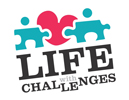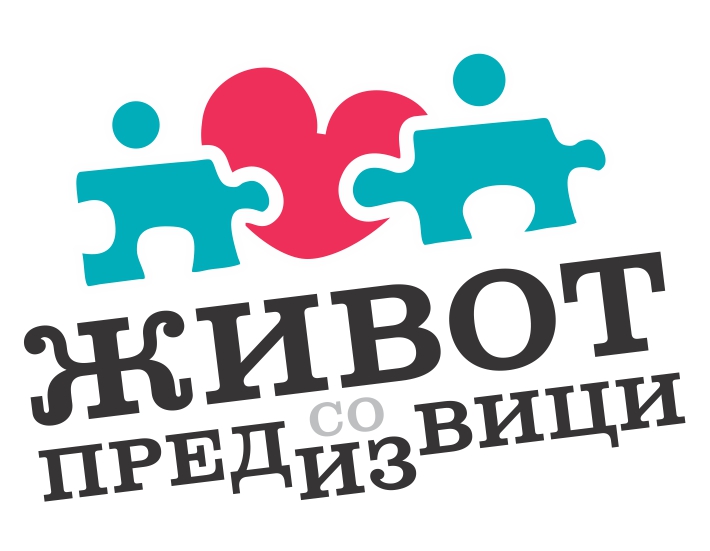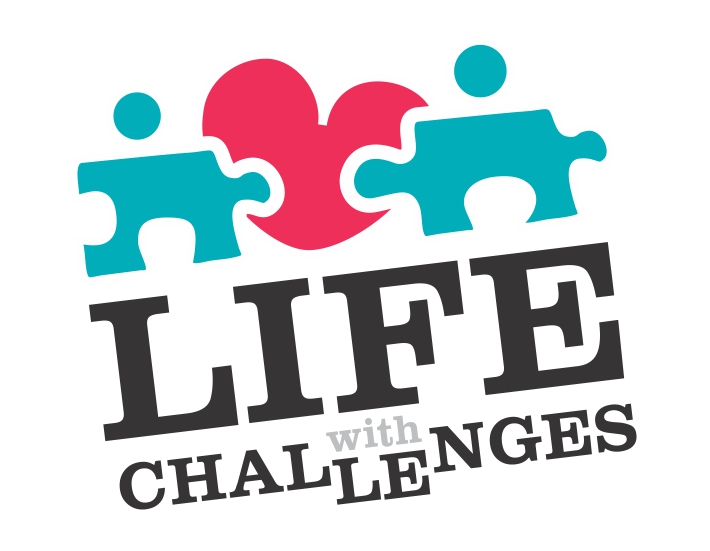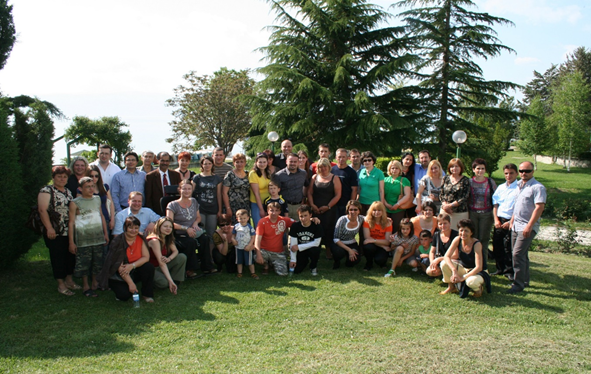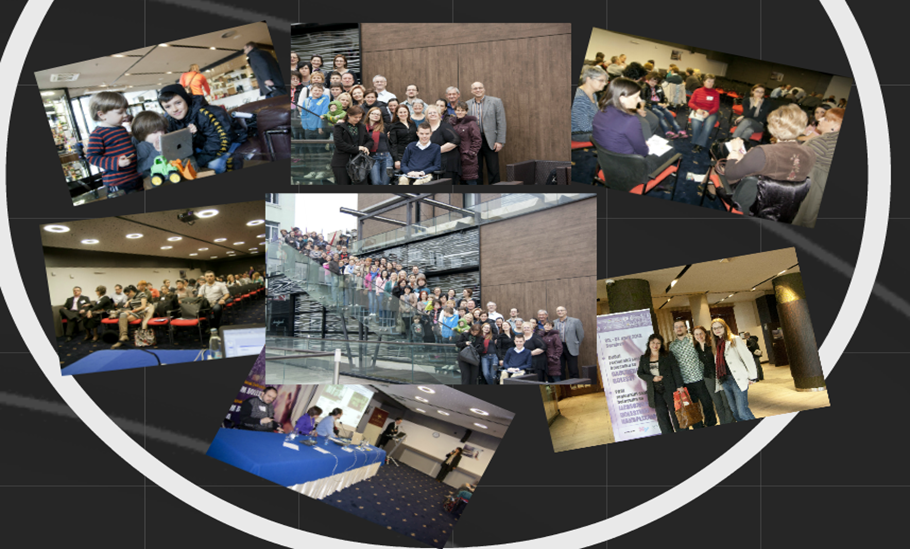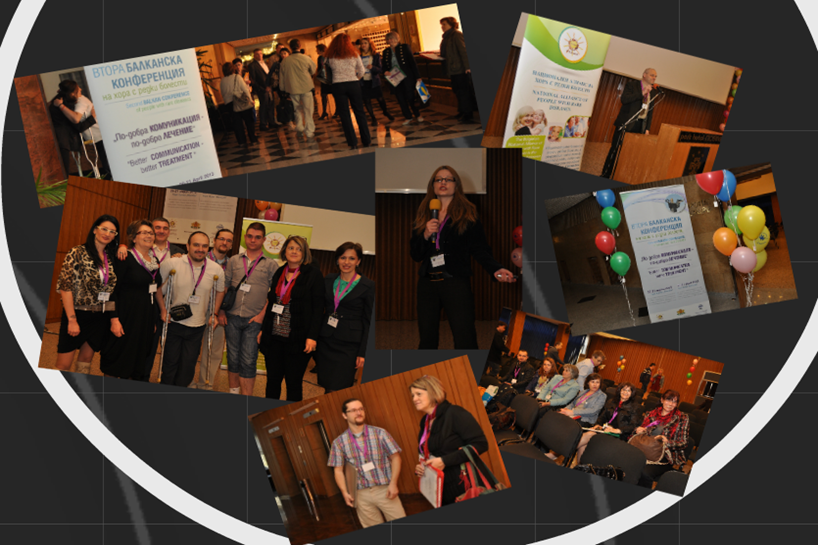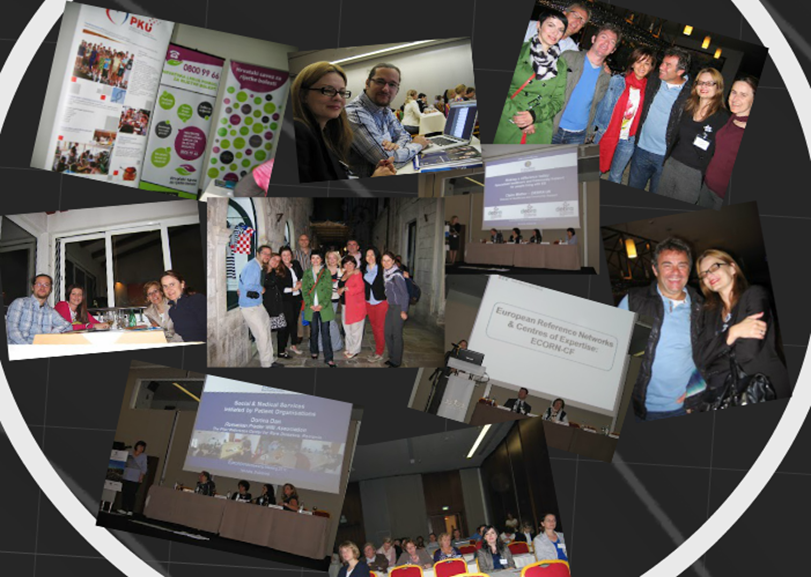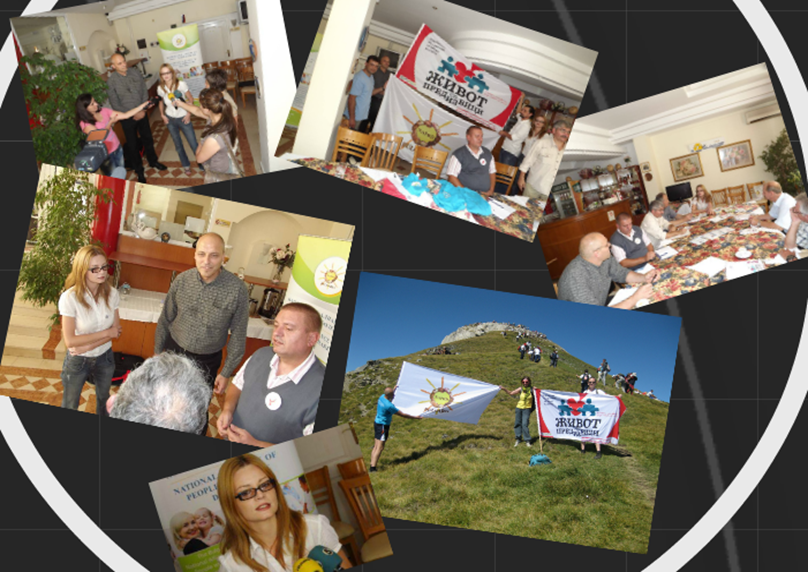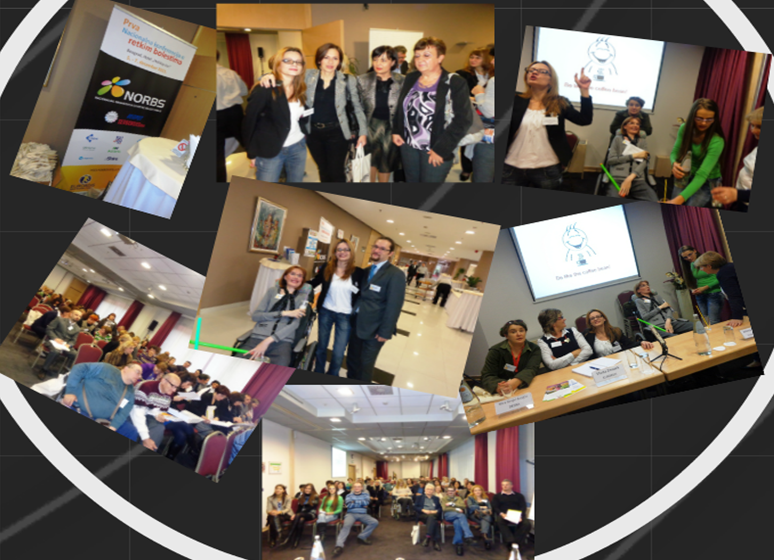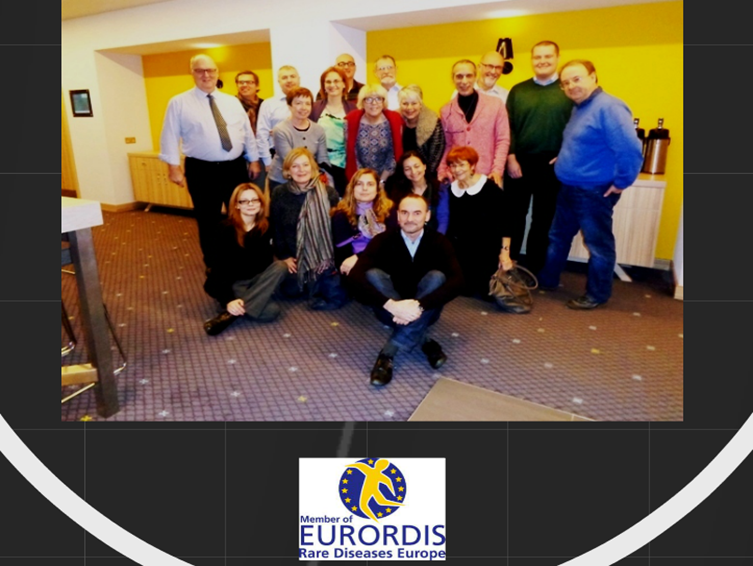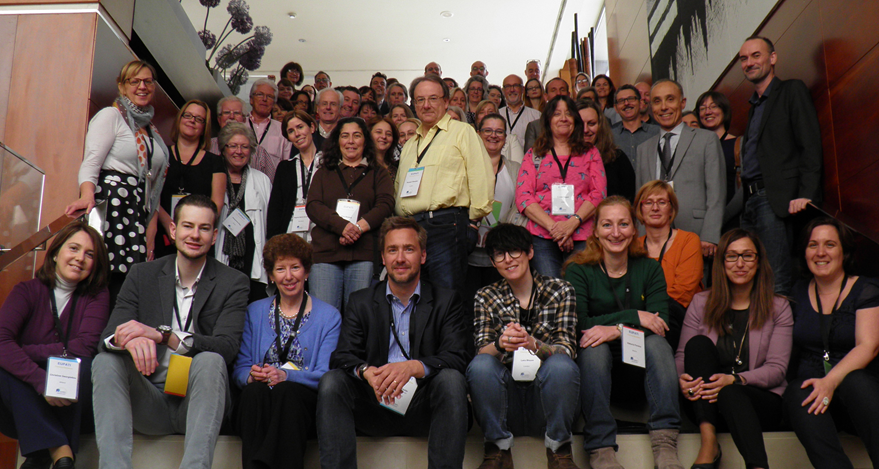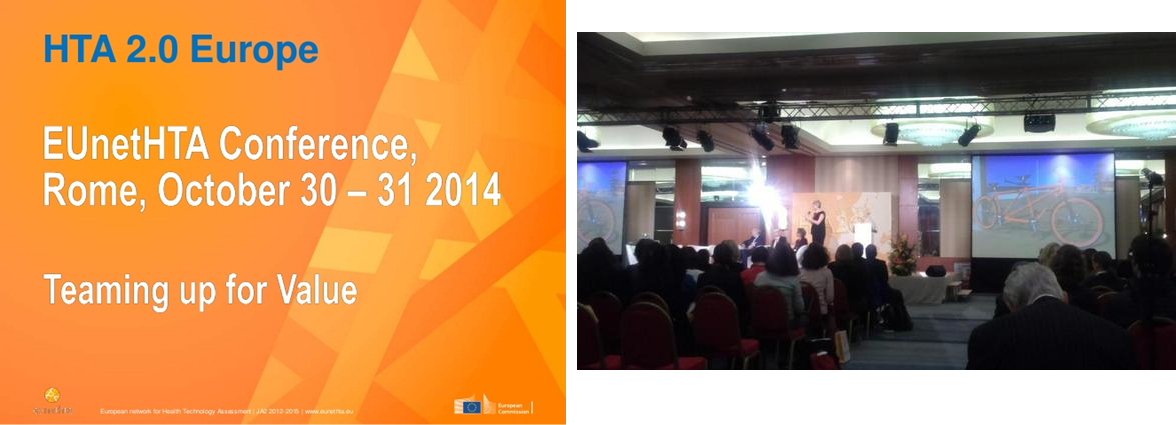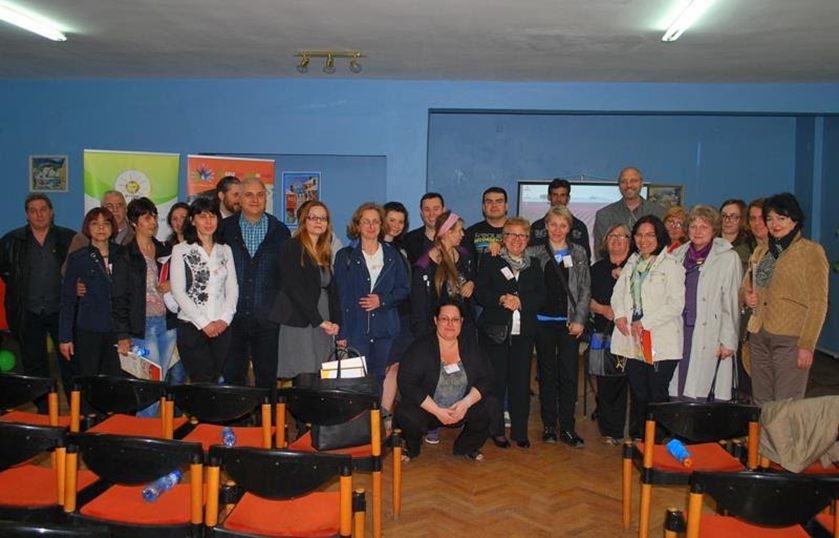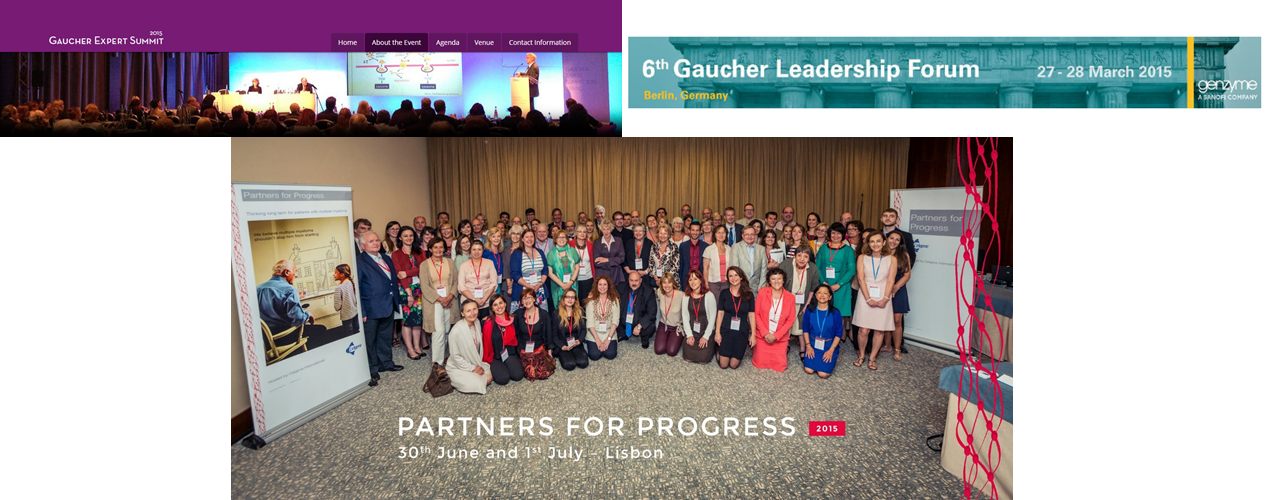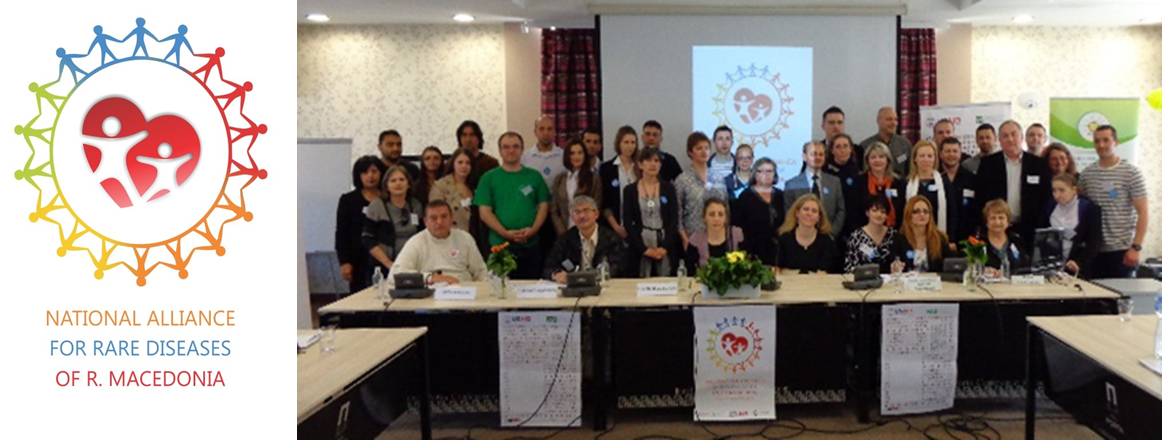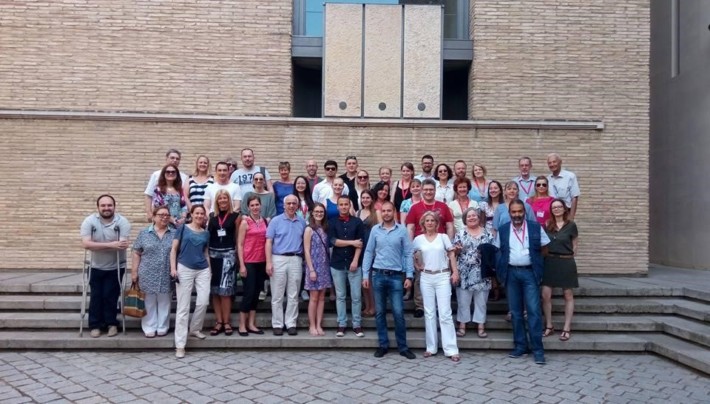What is a patient registry?
The term “Patient Registry” is defined as “a framework for collecting and analyzing data on a specific disease in order to cover the entire patient population in a country that is affected of that disease”.
Why is the rare disease registry important?
The rare disease registry is a census of diagnosed cases of rare diseases in a population.
The registration of rare diseases is a process of systematic collection and analysis of data on people with rare diseases, in order to provide a more accurate insight in the number of people suffering from rare diseases, and the number of rare diseases from which they are suffering.
Why is the rare disease registry useful?
The role of the registry is to enable:
- Calculation of incidence of rare diseases by age, sex, place, diagnosis etc.
- Continuous tracking of incidence over time
- Analysis of survival rate of patients with rare diseases
- Calculation of lost years of life, and years of life with disability
- Determining direct and indirect cost of treating patients with rare diseases (caused by temporary or permanent disability or premature death)
- This way of observing and monitoring patients with rare diseases is quite significant because it provides:
- Expert approach in planning health management of rare diseases.
- Development of a prevention program and preventive strategies (public information, health education, early detection, screening, reduction of complications in rare diseases)
- Evaluation of implemented preventive measures
- Formulation of a health policy and promotion of the organization of health care for patients with rare diseases
- Assessment of the burden on society arising from rare diseases
- An initial basis for epidemiological and clinical research
Some of the key benefits of a well-maintained registry would be:
- The possibility of monitoring and improving the quality of care for patients with rare diseases;
- Better implementation of a multidisciplinary approach to management of rare diseases;
- Speeding up the daily clinical practice of healthcare workers and making clinical decisions;
- Better planning of financial resources for the procurement of medicines for rare diseases;
- Prevention planning and screening for rare diseases;
- Monitoring the effectiveness of treatment for rare diseases;
- More efficient use of health resources and
- Providing a base for clinical research.
What is the current situation in Macedonia?
At this moment, there are no accurate statistics regarding data on rare diseases and the number of patients, but the registry for rare diseases began to develop in 2015, and patients are entered into the registry that is located at the Ministry of Health. There is also a special Program for Rare Diseases through which funds are allocated for the purchase of appropriate treatment for rare diseases, diagnosis (if diagnosing is not possible in Macedonia), and education of professional staff.
Prior to entering the data into the registry, it is taken and considered by an expert committee for rare diseases composed of health professionals from clinical centers (with a different field of expertise).
The exact financial implications of treating rare diseases cannot yet be examined.
Also, apart from the Ministry of Health, one part of the patients with rare diseases receives some of the necessary medicines, orthopedic aids, special nutrition, etc. from the Health Insurance Fund of Republic of North Macedonia. Another part of the patients with rare diseases receives medicines that are procured through the University Clinics in Skopje and are not registered in the register in the Ministry of Health. That is why it is necessary for the Ministry of Health to cooperate closely with the Health Insurance Fund, with the University Clinics, and with patient associations to ensure adequate care and treatment for patients with rare diseases.
In addition, cooperation with the Ministry of Labor and Social Policy is needed to implement appropriate measures of a social nature (appropriate assistance) so that patients with rare diseases are not excluded from social policy.
Certainly, the cooperation with health professionals and with the Macedonian Academy of Sciences and Arts, in terms of early diagnosis, appropriate information for patients and availability of early treatment is also important.
Why is it difficult to make this registry?
- The natural course of many rare diseases is unknown, and many of them remain undiagnosed, therefore cannot be entered in the registry.
- In the International Classification of Diseases, which is used for many diseases, there aren’t adequate codes. Because of that, many rare diseases remain unrecognized in the health care system.
What data is in the registry?
- Data on the health facility where the diagnosis was made, or where the treatment for the rare disease is implemented
- Data on the affected person (name, surname, social security number, date of birth, place of birth and place of residence, gender) in accordance of the law on protection of personal data
- Data about the disease (appearance of symptoms, diagnosis, status, code, name of the disease)
- Data on the clinical/laboratory findings (currently there is no such data in the registry)
- Data on the treatment (whether there is a drug, name of the drug, treatment evaluation, primary, secondary, tertiary treatment, symptomatic treatment)
- Data on the outcome of the disease (time and date of death)
What needs to be done as a priority?
- To create an electronic version of the registry for rare diseases
- To introduce new data items that will be collected in the registry
- To enable easier access to analysis of data from the registry in anonymized form in order to create adequate policies based on facts to improve the quality of life of families with rare diseases
- To enable the entry of data from family doctors, subspecialists and specialists who do not manage the patient, but monitor and consult about certain symptoms that result from the rare disease
- To connect data from all health and social institutions where the patient’s illness is monitored and controlled (including physical therapy, psychologist, special education specialist, speech therapist, social assistance, disability assistance, etc.)
- To further enable the input of data from patients (or their parent guardian) in order to collect and analyze data directly from patients regarding their physical and mental condition
